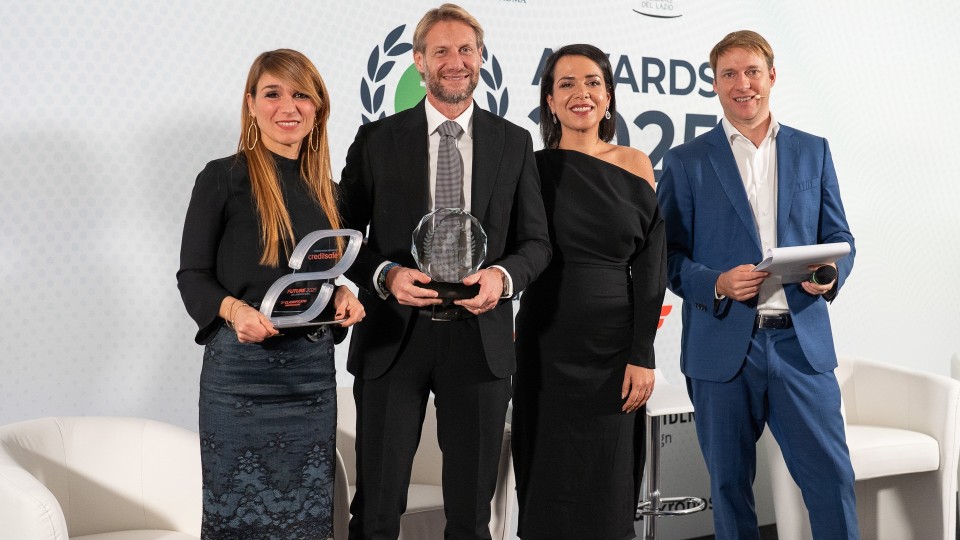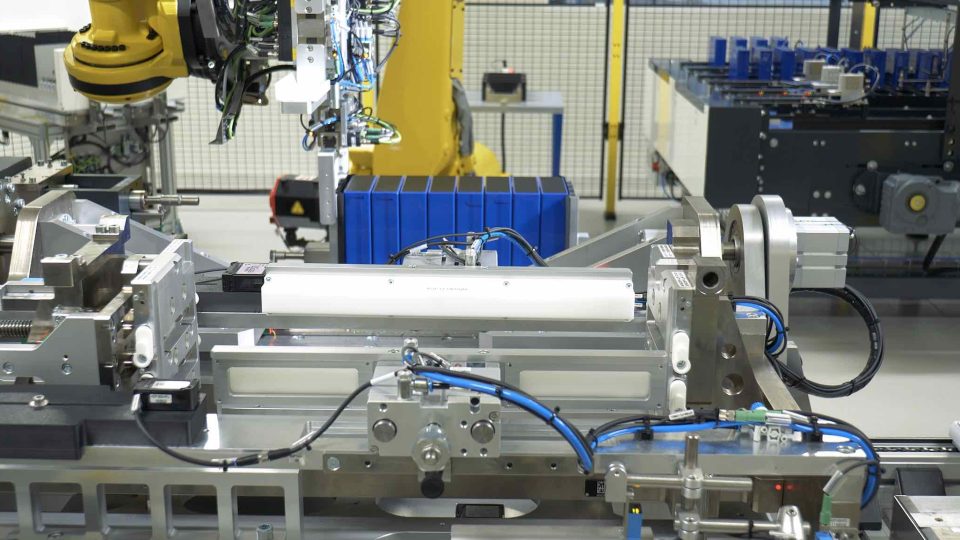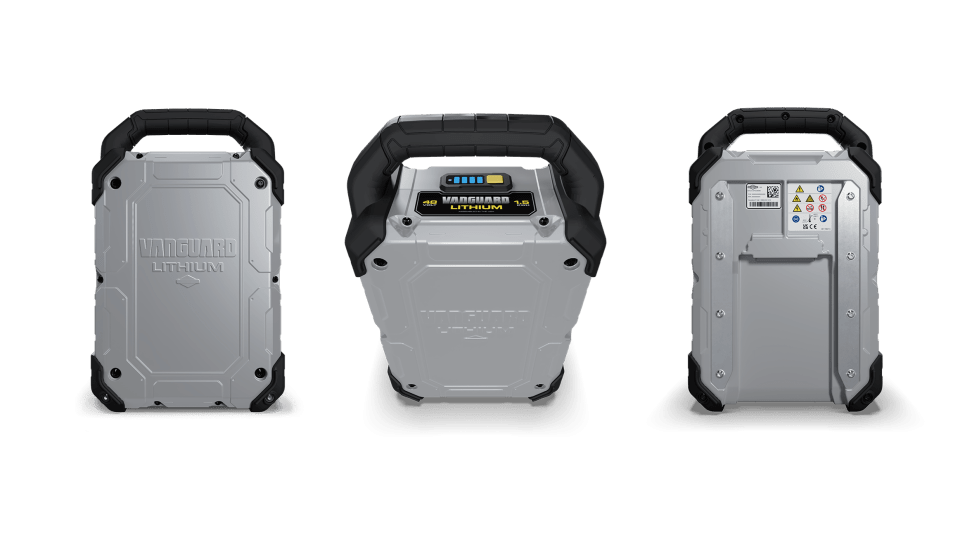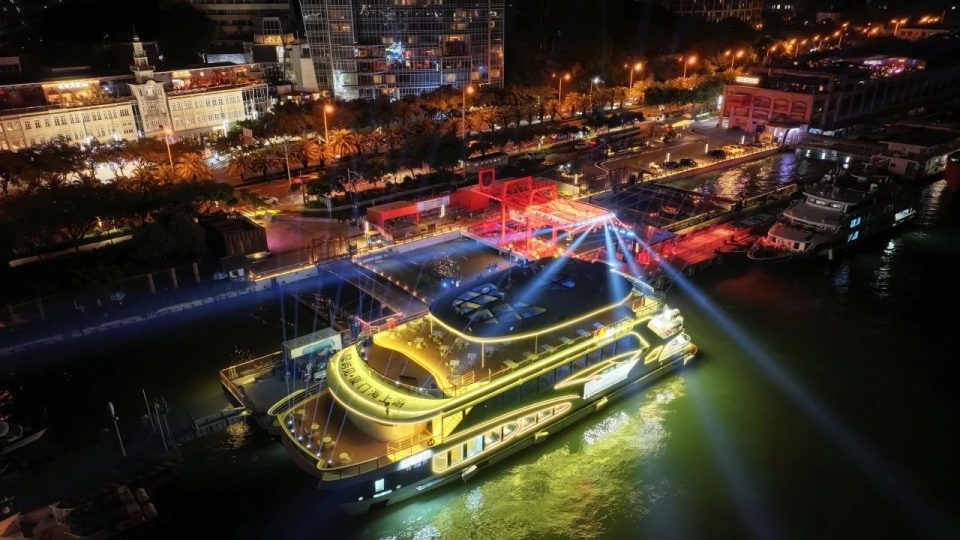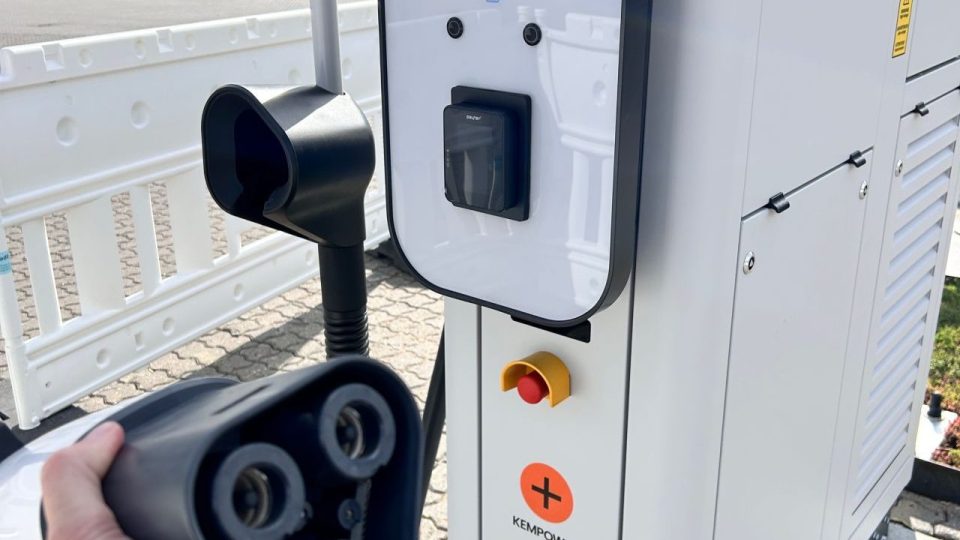Quest One and MAN Energy Solutions open new Gigahub for green hydrogen
Electrolysis specialist Quest One, a subsidiary of MAN Energy Solutions, has opened a new Gigahub for the serial and automated production of electrolysis stacks in Hamburg. The series production of stacks will increase the availability of green hydrogen
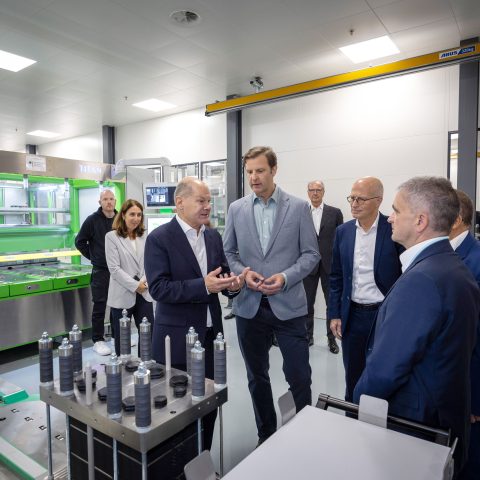
Electrolysis specialist Quest One, a subsidiary of MAN Energy Solutions, has opened a new Gigahub for the serial and automated production of electrolysis stacks in Hamburg.
The series production of stacks will increase the availability of green hydrogen, as they are the technological centrepiece of an electrolyser that can be used to produce green hydrogen. Among the more than 800 guests at the opening ceremony were Till Mansmann, Commissioner for Green Hydrogen of the German Federal Ministry of Education and Research, Michael Kellner, Parliamentary State Secretary of the German Federal Ministry of Economics and Climate Protection, Hamburg’s Senator for Economics Melanie Leonhard and other high-ranking representatives from politics and business, such as the Chairman of the Supervisory Board of Volkswagen AG, Hans Dieter Pötsch, and the Chairman of the Supervisory Board of MAN Energy Solutions, Gunnar Kilian. With the opening of the new production site, the company, formerly known as H-TEC Systems, changes its name and officially becomes “Quest One”.
The hydrogen technology specialist is starting the serial and automated production of so-called PEM electrolysis stacks for the production of green hydrogen at the new site. PEM electrolysis, which is based on proton exchange membrane (PEM) technology, is one of the most important processes for industrially scaled hydrogen production from renewable energies. The series production is an important step towards making green hydrogen available in large quantities and thus becoming a reliable alternative to fossil fuels. The climate-neutral conversion of the industry with its high energy requirements is an important area of application. The new production and development site plays a central role in realising the Quest One mission of avoiding one percent of global greenhouse gas emissions by 2050 through the use of its own electrolysers.
Uwe Lauber, CEO of MAN Energy Solutions: “Today we are opening Europe’s most modern production plant in the hydrogen economy. MAN Energy Solutions and Quest One are thus making a substantial contribution to the establishment and industrialisation of sustainable future technologies in Germany and Europe. We are thus investing in the future of Germany as a business location and in the energy transition as a task for society as a whole. Because there is no alternative for a climate-neutral future. MAN Energy Solutions, as one of the oldest industrial companies in the world, will continue to work towards this goal.”
Automated production of PEM stacks using automotive industry methods
At full capacity, the new gigahub will enable the automated series production of PEM stacks with a potential total electrolysis capacity of over five gigawatts per year. Stacks are the technological centerpiece of electrolysers and split water into oxygen and hydrogen with the help of renewable electricity. They therefore play a key role in the ramp-up of the future hydrogen economy. This is why the MAN Energy Solutions subsidiary in Hamburg is also researching new generations of stacks.
Robin von Plettenberg, CEO of Quest One: “The hydrogen economy will change massively in the coming years and decades, and we will be dealing with volumes that are almost unimaginable today. Thus, the electrolysis industry will become one of the key industries of the future. With our gigahub, we are opening one of the most modern sites for PEM technology, development and production in the world here in Hamburg. However, this also emphasises that we want to become a leading player in the hydrogen economy. Our goal is to use our products to avoid one per cent of global greenhouse emissions by 2050.”
The highly automated stack production takes place on two production lines: “Titan” with a linear transport system and “Gerd” with swivelling arm robots. They are named after two moons of the planet Saturn, which itself consists of around 95 per cent hydrogen. Many work steps that were previously carried out by hand are now automated which reduces the production time of a stack by around 75 per cent − they can now be produced in Hamburg in less than an hour. The automated production also increases the company’s efficiency and precision in manufacturing and optimising logistics processes, resulting in consistently high product quality and fast delivery times.
The Gigahub was built in just one and a half years on a site measuring over 26,000 square metres in Victoria Park, an industrial park in Hamburg, Germany, and sustainability played a central role in the development of the Gigahub. For example, the green roofs are equipped with a photovoltaic system. Platinum certification from the German Sustainable Building Council (DGNB) is being targeted for 2025. The floor area of the new gigahub is over 12,000 square metres. Initially, around 200 employees will work here in a modern environment in the areas of production, development, testing and service. The site will also serve as a customer and training centre.

